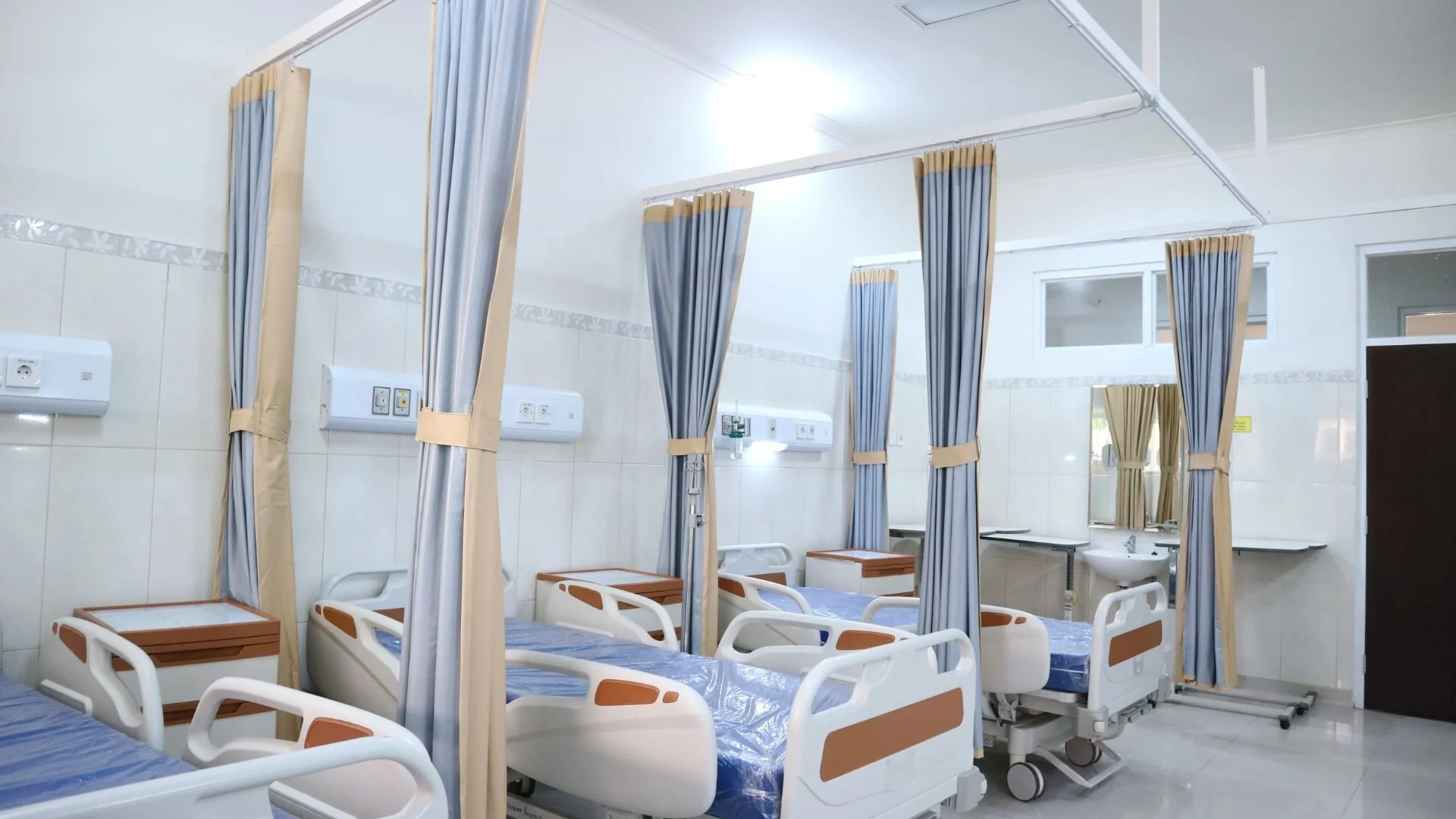
Blog
National Rural Healthcare Remains Unstable and Underfunded
A February 2025 report from The Chartis Center for Rural Health finds that 46% of all United States rural hospitals operate in the red. Rural hospital closures illustrate the Health Equity gap in America.
Michigan’s Food Insecurity Epidemic
Food insecurity is growing in the state of Michigan, with it’s capital city, Detroit being classified as a long time food desert.
Maternity Care Crisis
In the last decade, there has been a nationwide trend of hospitals suspending their maternity care services, citing lower birth rates, hospital consolidation, and financial factors as their reasons to stop providing this life-saving care.
Colorado’s PFAS Problem
Small towns in Colorado are facing a costly fix to a problem in their water. The current uncertainty surrounding federal spending during the early days of the Trump administration only adds to the financial risk involved in PFAS removal.
Norwich, Connecticut Food Deserts
According to the USDA, four neighborhoods in Norwich, Connecticut, fall under the category of food deserts
340B and Government Spending
An article for Real Clear Health suggests that the best way to cut government spending is to reform the 340B drug program.
Charity Care in Colorado
A report from the Colorado Consumer Health Initiative (CCHI) displays the disparity between hospitals that promise charity care on their websites and hospitals that actually offer compressive discounted care.
Oregon’s Nitrate Nightmare
Nitrate contamination sweeps several domestic wells in Eastern Oregon, leaving communities at risk for sever serious health conditions.
Michigan’s 340B Failures
Activist Horace Sheffield details the failures of the 340B prgoram in a guest column for Bridge Michigan.
Connecticut’s Charity Care Con
Connecticut hospitals designed to give back to underserved communities are failing to fulfill the charity care promise they were built on.
Maine Faces Uncertainty with PFAS
Having exhausted most of the funds available to fight dangerous PFAS contamination, Maine State Officials are scrambling to decide how to use the remaining funds to protect Maine residents from harmful “forever chemicals.”
Congressman Criticizes Charity Care Corruption
In a press release from his office following Superbowl LIX, North Carolina Congressman Greg Murphy, M.D., criticizes the $8 million advertisement from the non-profit hospital system, NYU Langone.
Food Access in Food Deserts
For Americans living in areas classified as food deserts, getting access to healthy, affordable food is incredibly difficult.
Charity care cares less for its patients and more for profit
An article from the Indiana Capital Chronicle details the dangerous and exploitative nature that the charity care system is known for.
Nonprofit Hospital System consolidates services in southeast Wisconsin
Ascension Healthcare, a large nonprofit hospital network serving 19 states, recently slashed services across southeast Wisconsin. Interestingly, around the time Ascension announced this closure, they also announced a large expansion of another hospital.
Food Quality Disparity
When communities have access to high-quality products and inexpensive ingredients, they are less likely to experience food insecurity, but food deserts are becoming increasingly prevalent in the US.
Contaminated Drinking Water
The Silent Spring Institute has found that nearly 100 Million Americans consume drinking water with unregulated contaminants.
AMA Supports a Change in Charity Care Standards
At the Interim Meeting of the American Medical Association in November 2024, the AMA voted to support stricter standards for nonprofit hospitals and advocated for the standardization of charity care.
Urban Plumbing Poverty
Cities of the Future details a study from Nature Cities about the water insecurity crisis in urban areas throughout the United States, shedding light on the complex issue of “plumbing poverty.”
Food Deserts
The Seattle Times reports a growing population of Americans living in food deserts, areas where healthy, affordable, and diverse food is scarce.





















